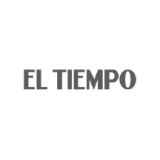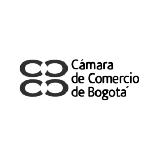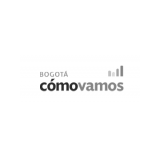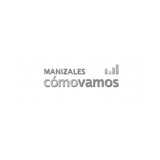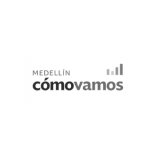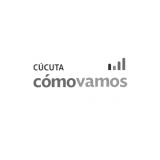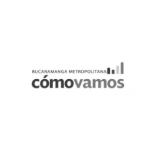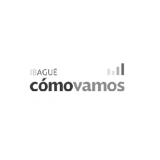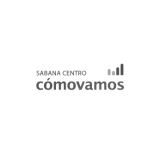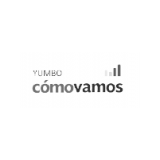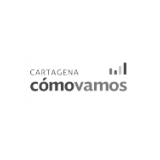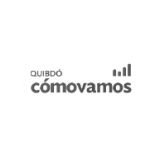How Are Cities Doing


INITIATIVE
The Ciudades Cómo Vamos model is a citizen monitoring exercise that periodically and systematically evaluates the cities' quality of life and the compliance of the development plans structured by the local administrations. To achieve this goal, Ciudades Cómo Vamos takes into account objective indicators and citizen perception.
By 2018, the model has been successfully replicated in 18 capital cities and in 22 Colombian municipalities since its creation in 1998. Similarly, the Cómo Vamos Model has been replicated in 14 Latin American countries.
Socios de la iniciativa

Our Commitment
Fundación Corona seeks to promote citizen oversight exercises through the line of action Education for Citizen Participation, such as Ciudades Cómo Vamos,
that qualifies decision-making and public debate on different issues that affect good governance and citizens' life conditions.
For this reason, we have supported Ciudades Cómo Vamos since 1998 in order to collect official information and to conduct citizen perception surveys about life quality in cities, as an input for a public management follow-up exercise . This program is a cross-cutting element of our Model of Citizen Involvement in order to generate knowledge on issues related to transparency, informed citizen participation and good governance of cities. With our work we seek to strengthen Ciudades Cómo Vamos activities, through: the creation of innovative products, based on the information already collected, such as Ciudatos —an open data platform that hosts information on the quality of life of Colombian cities—; the Cómo Vamos en Primera Infancia Report; the articulation of local subjects with international actors and their agendas, such as the Sustainable Development Goals and the Urban Habitat III Agenda; the strengthening of the technical capacity to produce comparable information in an open data format; the escalation of debates from the local to the national level through a comparison between cities such as the Social Progress Index; the measurement of Sustainable Development Goals; and, lastly, the strengthening of the monitoring scheme so that programs can show results at different levels of impact.


